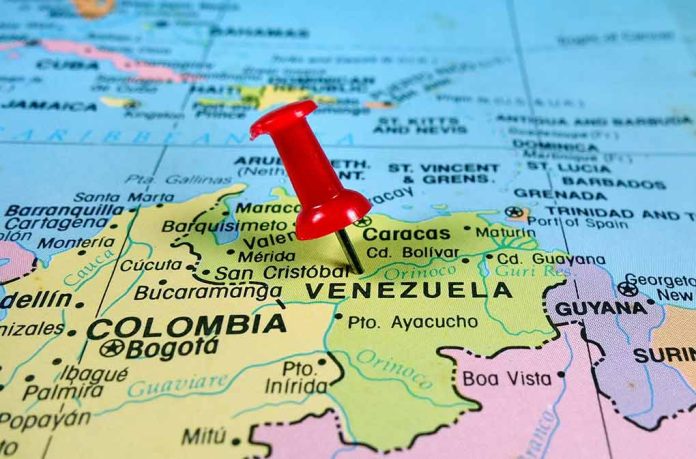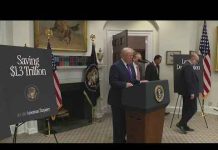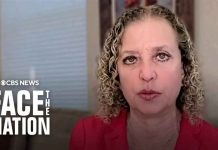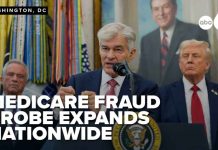
In a dramatic move, Venezuela recently released six American detainees following intense diplomatic negotiations, but concerns over human rights abuses persist.
Key Takeaways
- Six Americans were freed from Venezuela after diplomatic talks involving a U.S. envoy and President Nicolás Maduro.
- Foro Penal publicized the identities of the released detainees as part of its human rights advocacy.
- Concerns remain over the continued detention of other Americans in Venezuela on dubious charges.
- U.S. envoy Richard Grenell emphasized that the release was not part of a diplomatic trade.
- Venezuela’s governmental legitimacy remains disputed by the U.S. and other Western nations.
Americans Freed Amid Diplomatic Efforts
Six Americans were recently released from Venezuelan prisons following discussions between Venezuelan President Nicolás Maduro and U.S. envoy Richard Grenell. Among those freed were David Estrella, Aaron Barret Logan, and others. This release was not part of a diplomatic trade or negotiation, according to U.S. officials. Instead, it came after concerted diplomatic efforts spearheaded by President Donald Trump and his team.
Foro Penal, a Venezuelan human rights organization, played a significant role by revealing the identities of the six freed Americans. The organization remains committed to advocating for the fair treatment of all political prisoners, highlighting the ongoing human rights crisis in Venezuela. Despite the release, at least 10 other U.S. citizens remain imprisoned in Venezuela on charges the U.S. deems unfounded, including accusations of plotting against the Maduro regime.
Political Implications and Criticisms
The release took many by surprise, especially considering the U.S.’s longstanding stance against Maduro’s legitimacy, with the Trump administration recognizing opposition leader Edmundo González as the legitimate president of Venezuela. Some Republicans expressed concern that the meeting could unintentionally lend legitimacy to Maduro’s regime. Nevertheless, Mauricio Claver-Carone, Trump’s special envoy to Latin America, assured that the aim remained the restoration of democracy in Venezuela.
“The release of American hostages needs to be immediate and unequivocal. This is not a quid pro quo. It’s not a negotiation in exchange for anything. Trump himself has made that very clear,” said Claver-Carone.
The Trump administration underscored that sanctions, particularly targeting Venezuela’s oil sector, were reinstated following allegations of Maduro’s failure to facilitate a fair presidential election. Maduro, however, described the discussions as positive, expressing hopes for continued dialogue. The geopolitical dynamics continue to evolve, with Chevron seeking to maintain its U.S. license to operate in Venezuela amid these tensions.
Continued Advocacy and Human Rights Challenges
American envoy Richard Grenell highlighted the challenges that remained, stressing that some detainees are, in fact, hostages detained under questionable charges. Foro Penal reports that Venezuela holds at least 54 foreign political prisoners, including individuals from various countries. Despite the recent releases, the advocacy for those still detained continues, with significant international attention on Venezuela’s human rights record.
Foro Penal continues to call for accountability and improved treatment for those imprisoned in Venezuela, urging international cooperation to address the nation’s human rights issues. With ongoing political and humanitarian challenges in the region, the path forward remains complex and fraught with obstacles.


